
Jazz and decolonization are intertwined in a powerful narrative that recounts one of the tensest episodes of the Cold War. In 1960, the UN became the stage for a political earthquake as the struggle for independence in the Congo put the world on high alert. The newly independent nation faced its first coup d'état, orchestrated by Western forces and Belgium, which were reluctant to relinquish control over their resource-rich former colony. The US tried to divert attention by sending jazz ambassador Louis Armstrong to the African continent. In 1961, Congolese leader Patrice Lumumba was brutally assassinated, silencing a key voice in the fight against colonialism; his death was facilitated by Belgian and CIA operatives. Musicians Abbey Lincoln and Max Roach took action, denouncing imperialism and structural racism. Soviet Premier Nikita Khrushchev intensified his criticism of the US, highlighting the racial barriers that characterized American society.
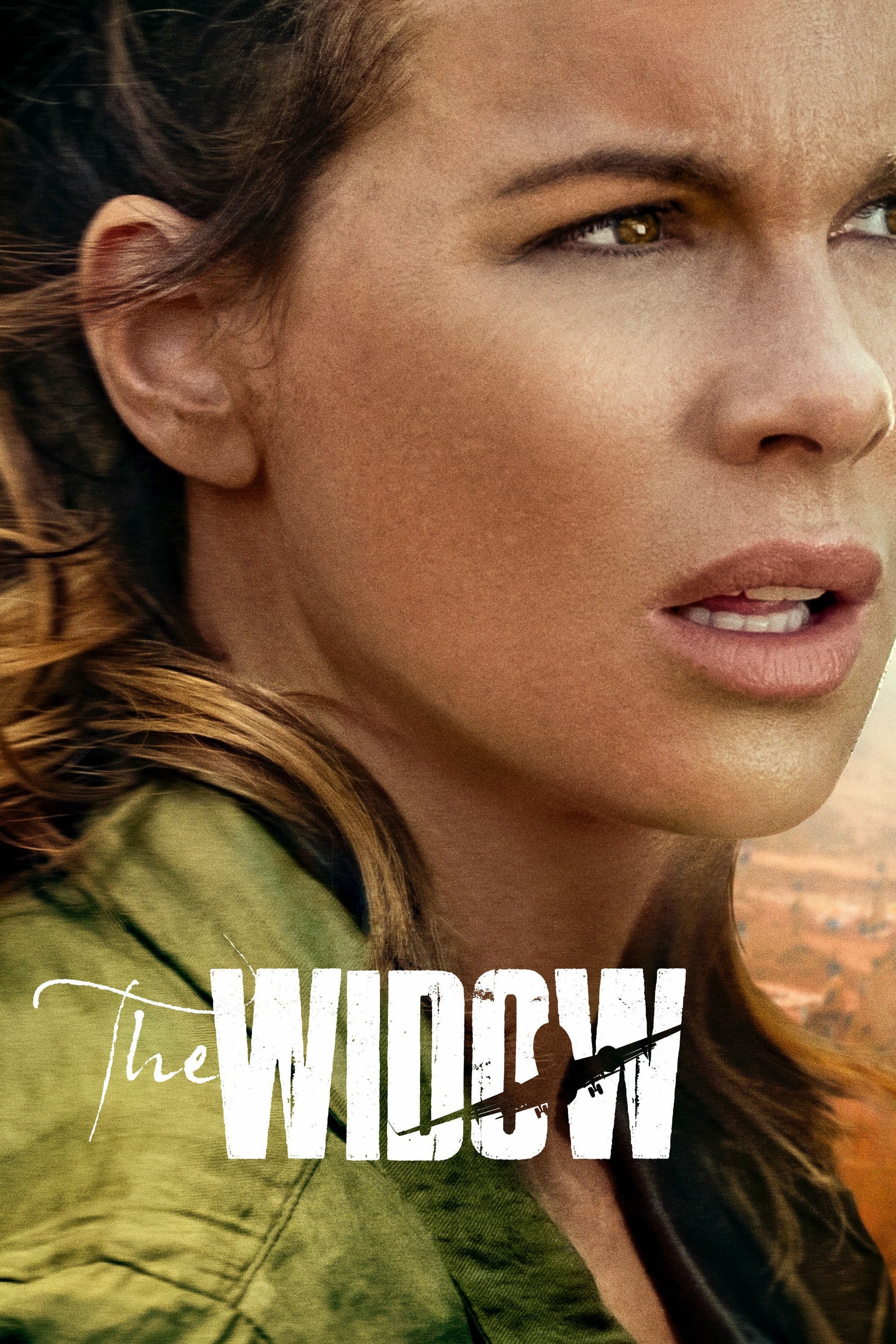
A woman's search to uncover the mystery of the disappearance of her husband leads her to the Congo, where she's forced to seek the truth about what happened to the man she loved.
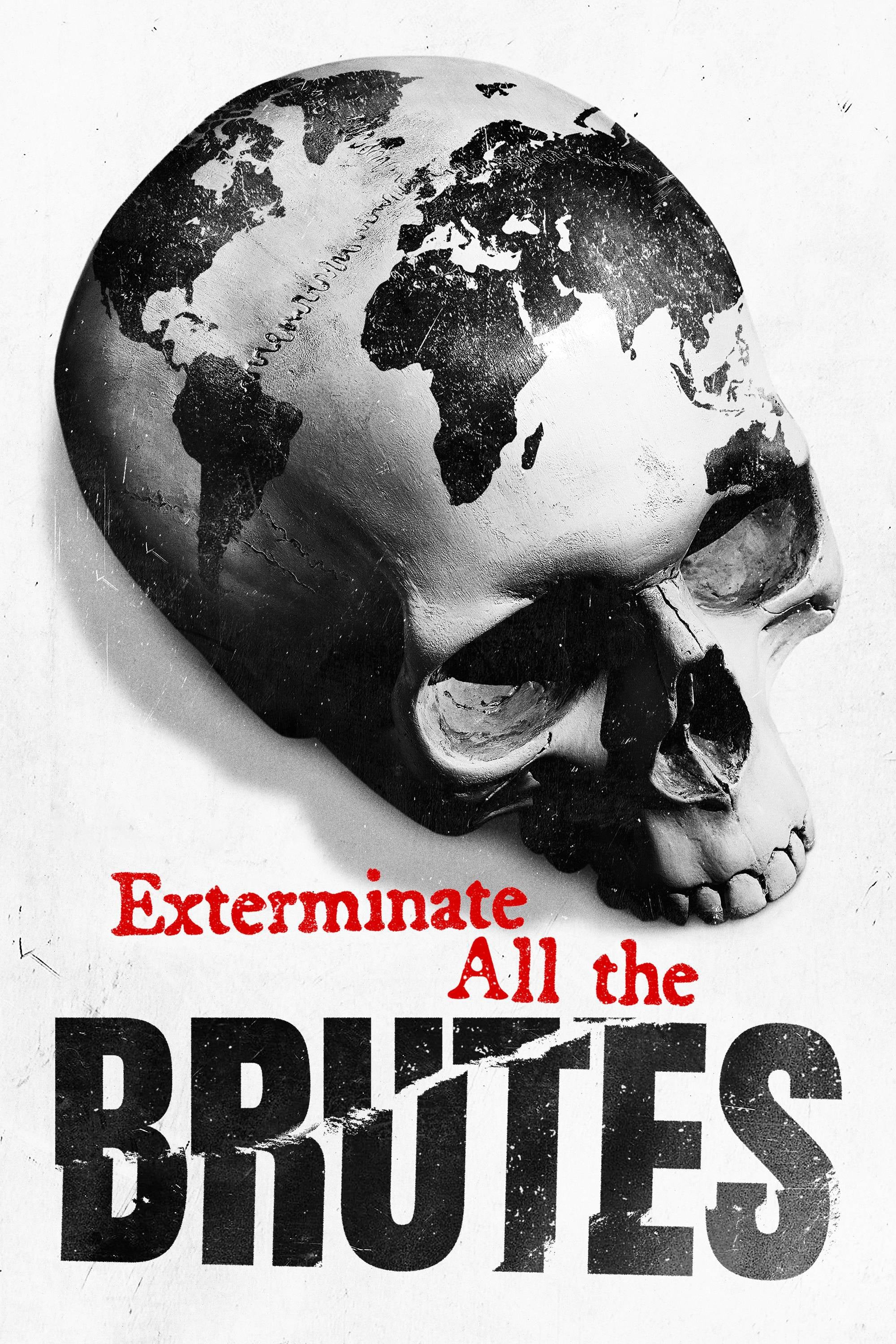
Hybrid docuseries offering an expansive exploration of the exploitative and genocidal aspects of European colonialism, from America to Africa, and its impact on society today.
Short ethnographic documentary showing some everyday life scenes based upon footage shot by director Luc de Heusch in Congo in 1954 reassembled by Damien Mottier (Université Paris Nanterre) and Grace Winter (CINEMATEK).
Short ethnographic documentary showing a leopard dance based upon footage shot by director Luc de Heusch in Congo in 1954 reassembled by Damien Mottier (Université Paris Nanterre) and Grace Winter (CINEMATEK).
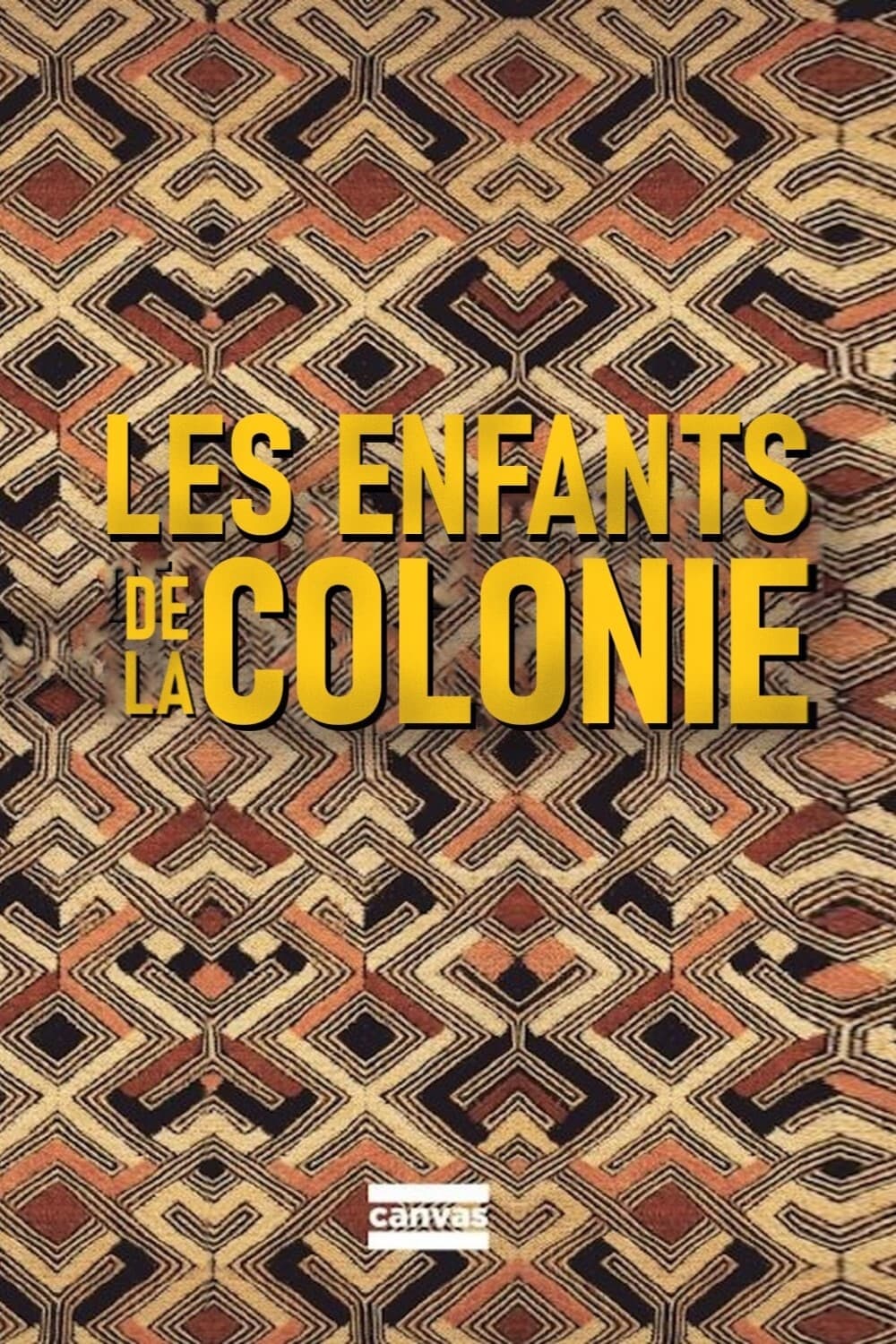
A look into the Belgian colonisation of Congo through interviews of both colonials as Congolese people that lived it.

Tozoom site Africa conceals treasures that ignite the imagination of travellers, but also that of all... Who has not dreamed of this magical continent and of living adventures there, Clover tomas when he was well seated in its sometimes somewhat mischievousness, this work envelops you in a very friendly warmth and manages to conquer it.
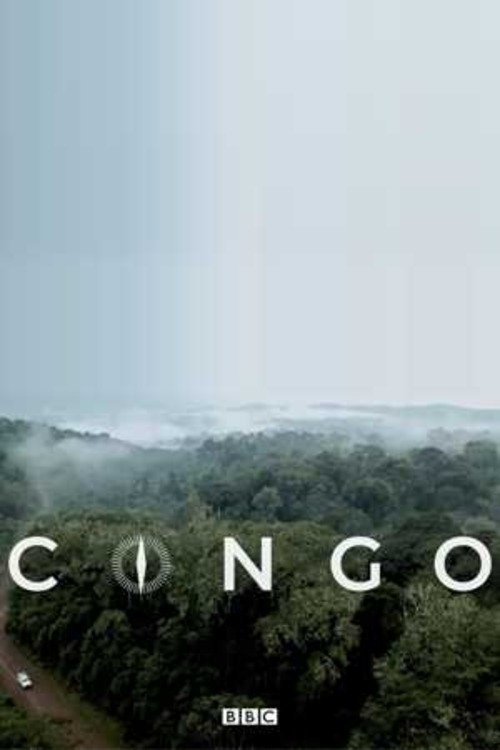
The Democratic Republic of the Congo is a vast, mineral rich country the size of Western Europe. Alastair Leithead takes an epic journey from the Atlantic Ocean to the far reaches of the Congo river to explore how history has shaped the Congo of today and uncover the lesser told stories of this beautiful, if troubled country. In the largest rainforest outside of the Amazon he comes face to face with its gorillas and hunts with pygmies, he travels into the heart of the Ebola outbreak with United Nations peacekeepers, and explores the cobalt mines which will drive our electric cars of the future.

In search of glory, Portuguese Major Afonso Ferreira sees himself consumed in the deepest darkness of the Congo.
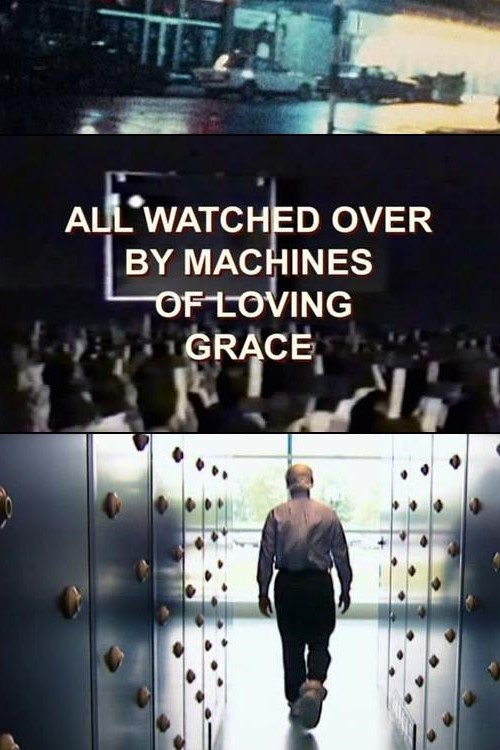
We have been colonised by the machines we have built. Although we don't realise it, the way we see everything in the world today is through the eyes of the computers.
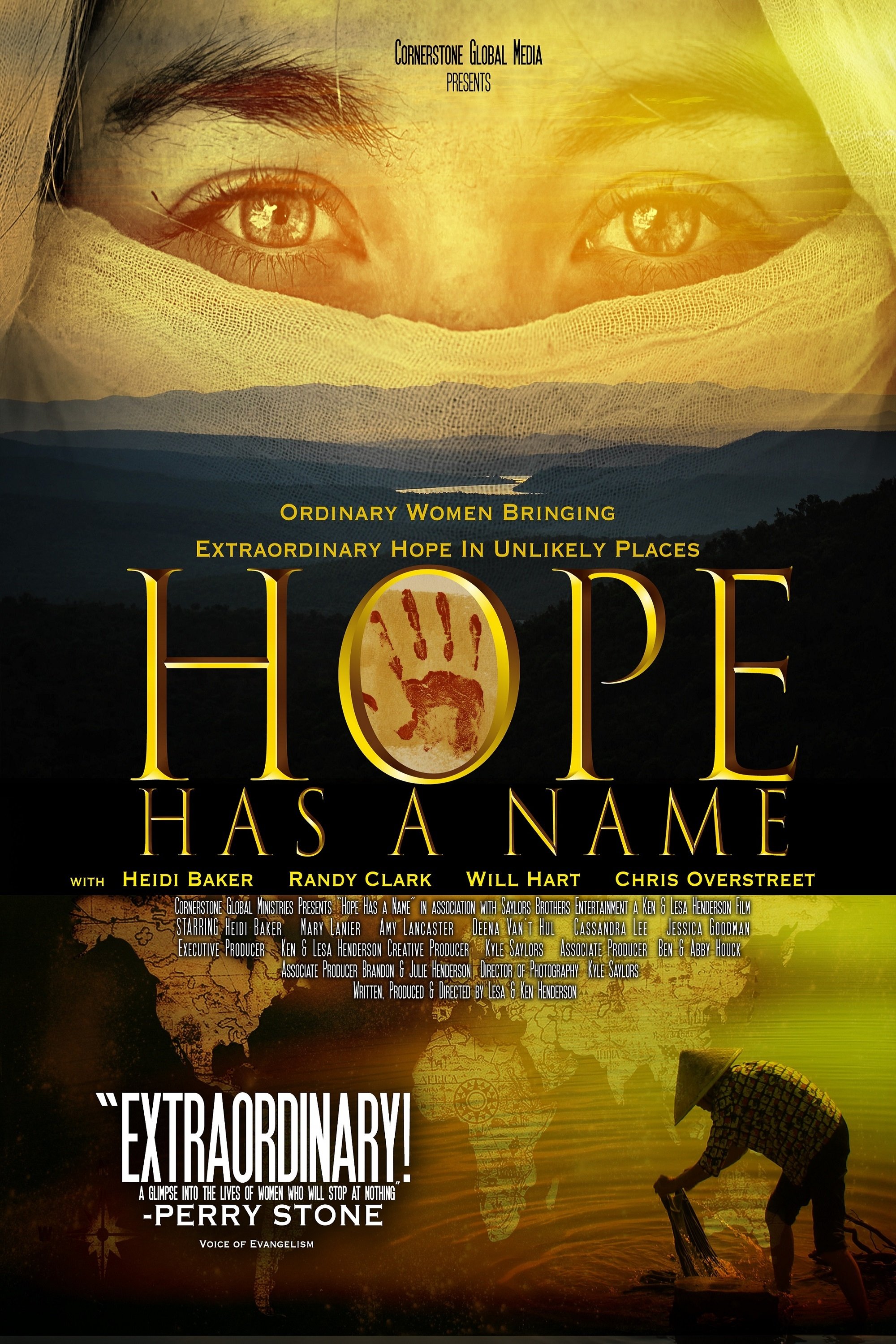
In urban America, the bush of Africa, the war zone of the Congo, and in closed nations there are women who are living outside their own cultures, society, and comfort level to care for orphans, build schools, liberate addicts, feed the poor, and love the broken. These ordinary women are reaching into hopeless situations of people and creating hope.
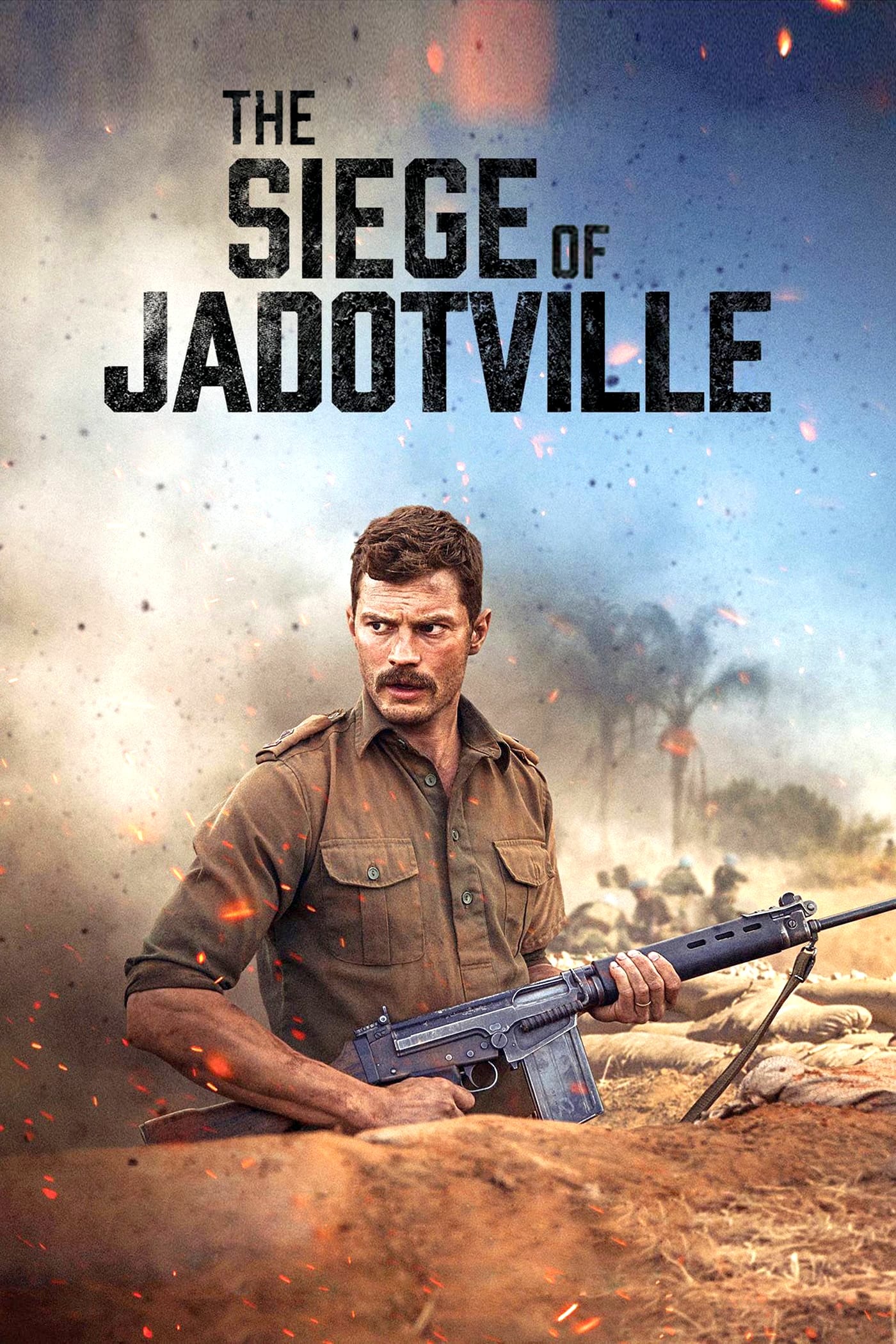
Irish Commandant Pat Quinlan leads a stand off with troops against French and Belgian Mercenaries in the Congo during the early 1960s.
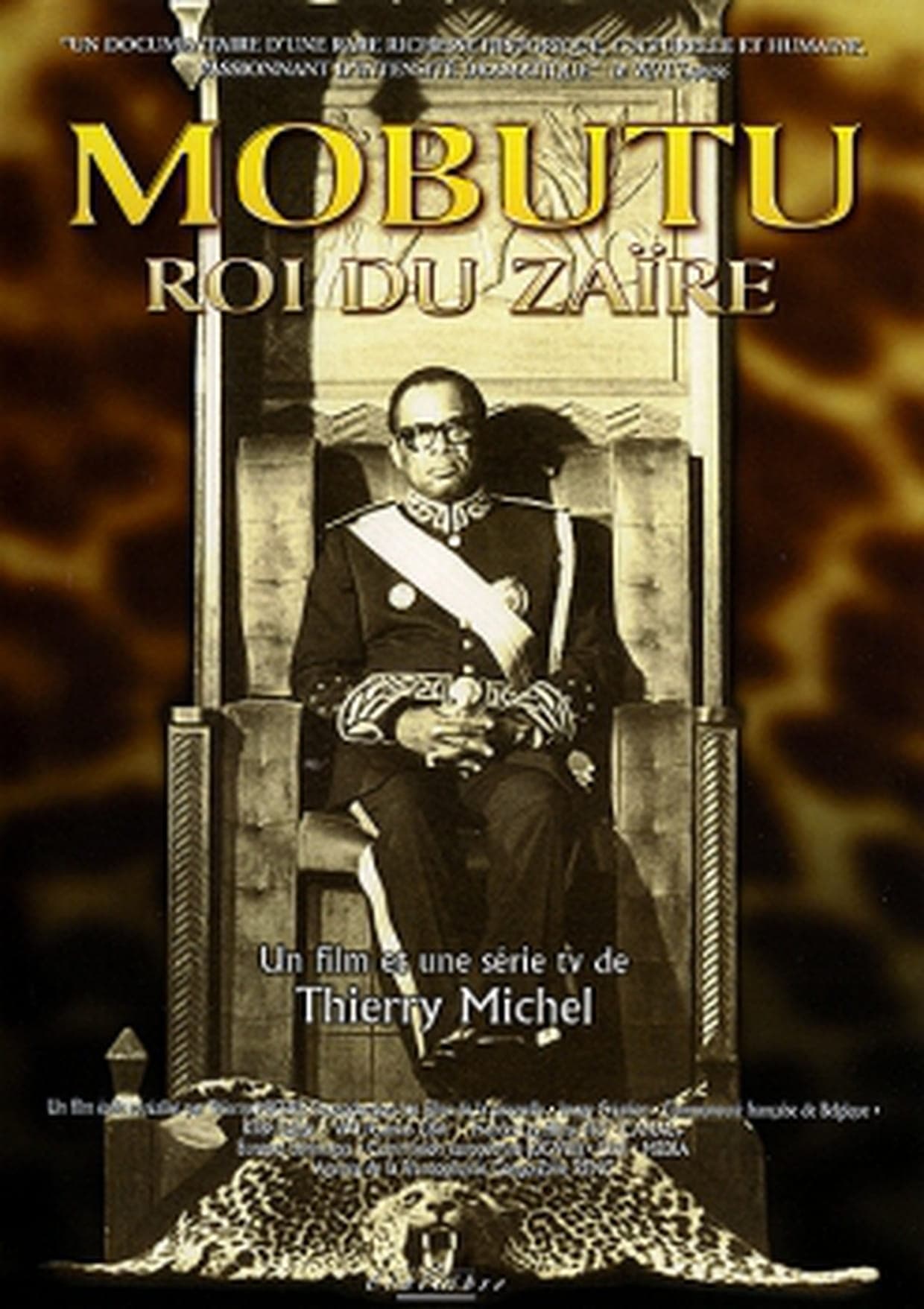
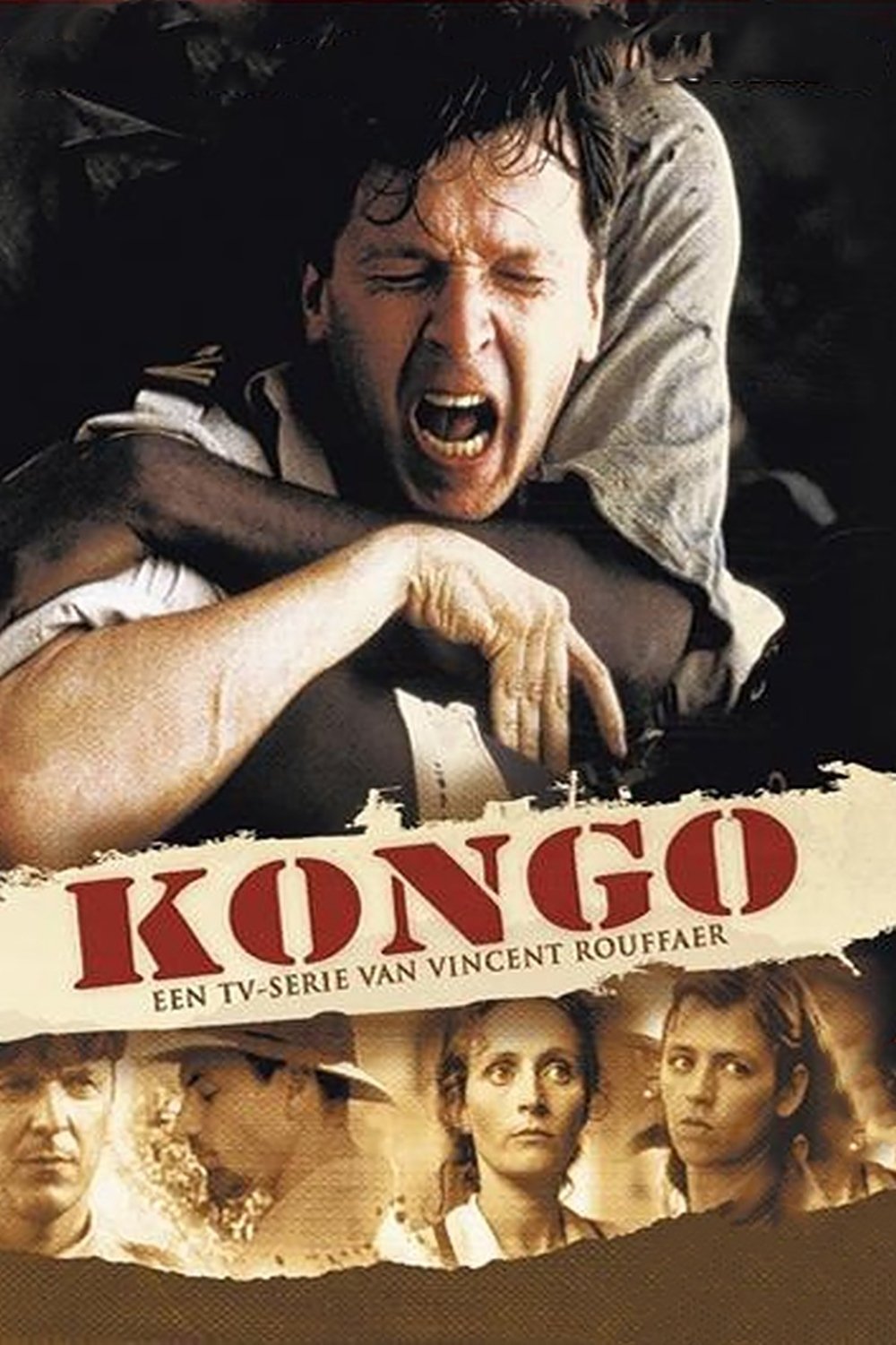
Guy Moeyaert is a well-meaning colonial official in a jungle district of the Belgian Congo in the last years of white colonial rule, after the Second World War, a paternalistic system where the state, unable to be properly present all over the vast, sparsely populated country, collaborates systematically with the Roman Catholic missions -in his post, father Alexis- and private enterprise, in case mainly the mining company -locally represented by engineer Lenaers- which also helps out with money and labor for such public tasks as road building. Even his grip on the natives is weak, as they live under hereditary tribal leaders, which must take from its people what they are legally obliged to deliver to the state in taxes and labor; coercion is done by force, including whipping on the bare buttocks, which Guy hates. Guy also starts a love affair with Hélène Vermarcke, who gets estranged from her husband Luk (the three were already friends in Belgium) as he devotes all his efforts the their plantation, leaving her alone with the native staff and their son, or is it Guy's? The adultery makes his position in the white community far weaker then is compatible with his position of theoretical authority without sufficient independent means. He also depends heavily on his educated black clerk Gabriel Ndazaru and ambitious white deputy Arthur. It all gets worse for everybody as the call for 'dipenda', black independence as in Ghana, gets stronger, in time even accepted 'in principle' by the Belgian government which plans a gradual transition which the idealist Guy supports but all other whites oppose, while the natives have neither patience nor insight and start attacking every symbol of the old regime, regardless of its objective value, and soon white people and 'collaborators' too- it gets physically dangerous, but Guy won't budge or flee...
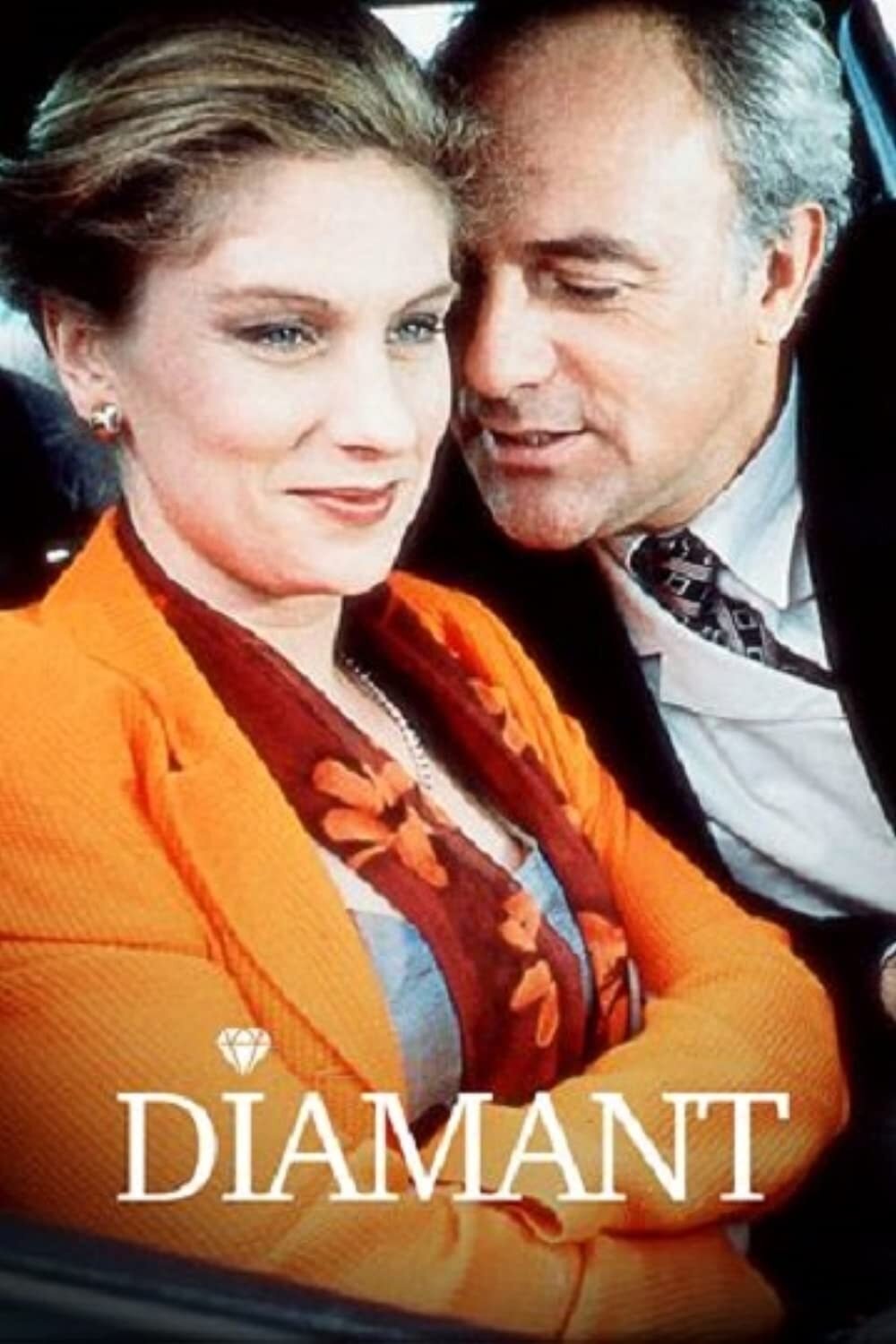
In this filmed version of Flemish author Jef Gheeraerts' novel, Robert 'Robbe' Parain, an arrogant Antwerp police detective who operates at the limits of illegality and is in personal debt, tenaciously traces but also gets personally entangled in the dark, ruthless, criminal sides of the publicly so glamorous trade in diamonds, notably in his native Antwerp, Hong Kong, Brussels and Congo.
John Bishop encounters one of the most endangered animals on Earth, and discovers they and his family have more in common than he ever imagined. Filming in the jungles of Rwanda for John Bishop’s Gorilla Adventure, the comedian realises adolescent male mountain gorillas are just like his teenage sons – bulging muscles but no sense. Plus they fart, flirt and pick their noses. We follow John as he joins a group of vets who have dedicated their lives to saving the, sadly, precious few mountain gorillas left in the wild rugged mountains and valleys between the borders of Rwanda, Congo and Uganda, which were made famous to UK viewers by David Attenborough’s iconic sequence filmed among them in the 1970s.
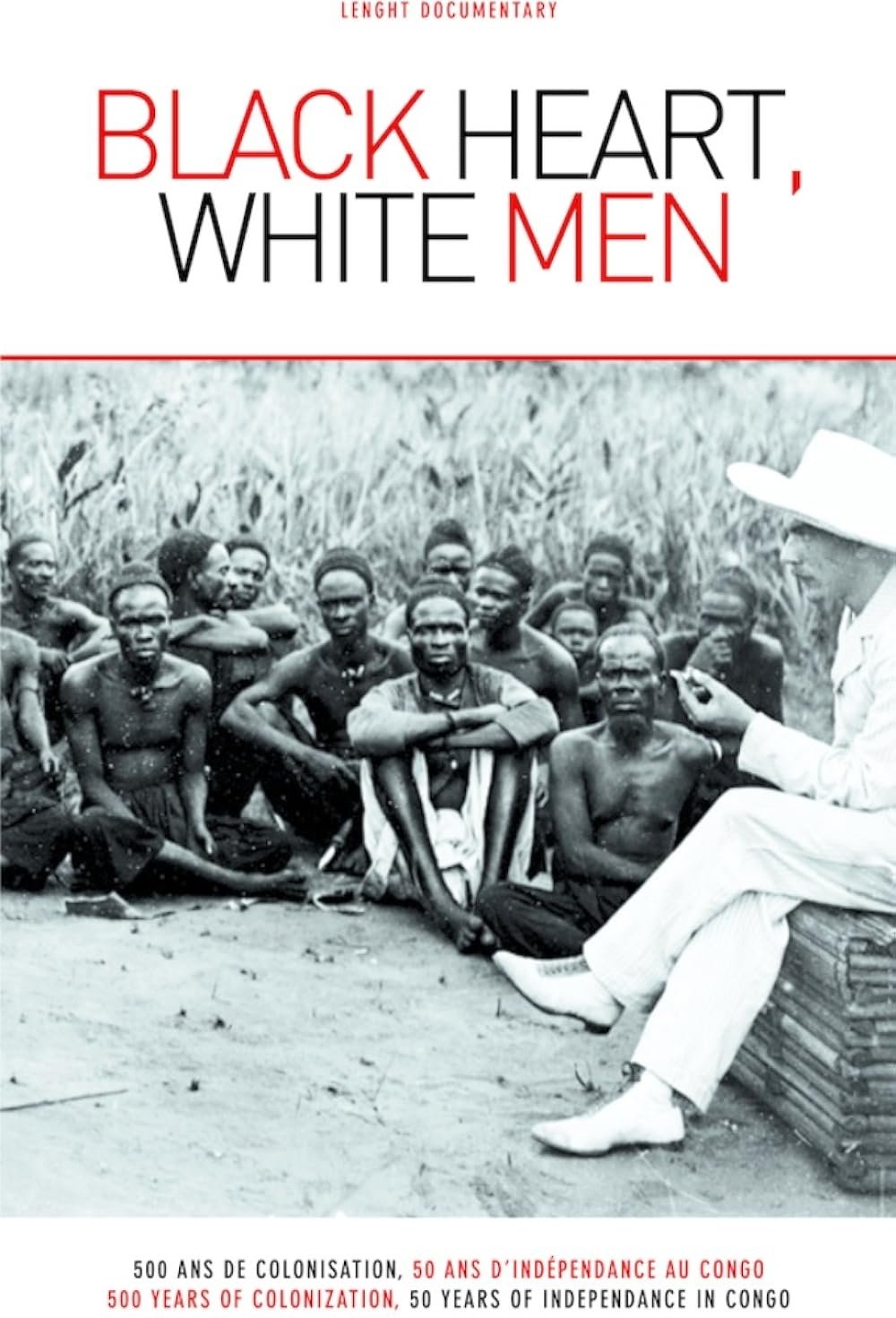
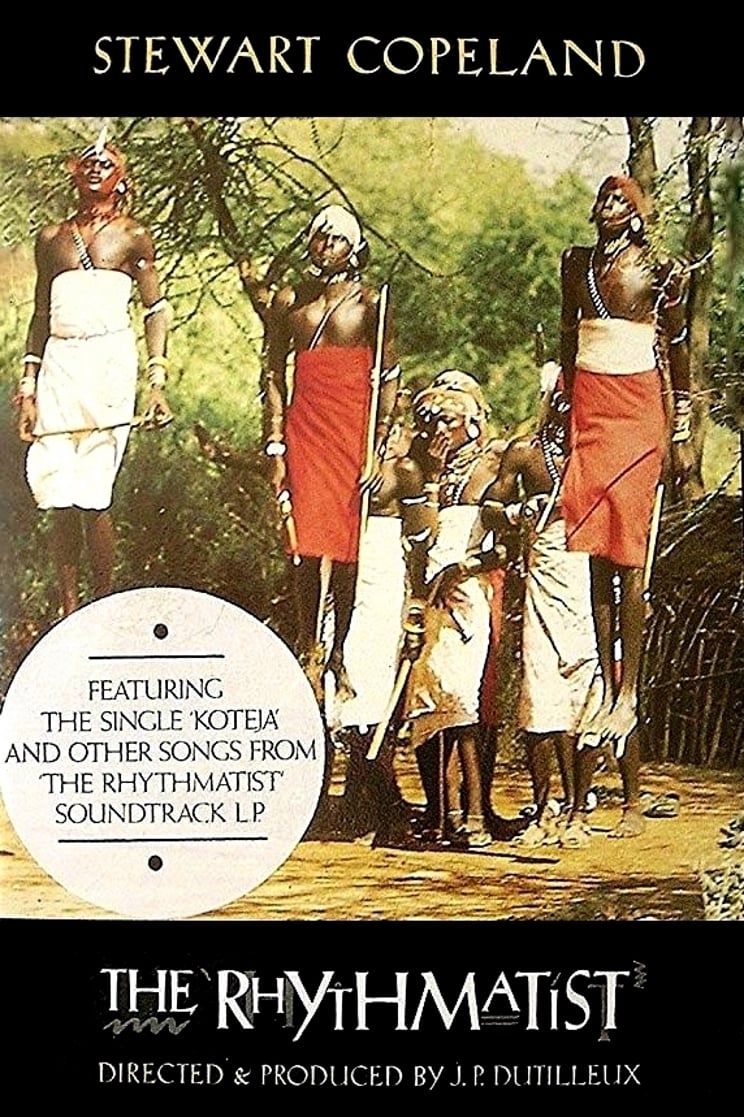
A musical oddessy through the heart of Africa in search of the roots of Rock & Roll.
By browsing this website, you accept our cookies policy.